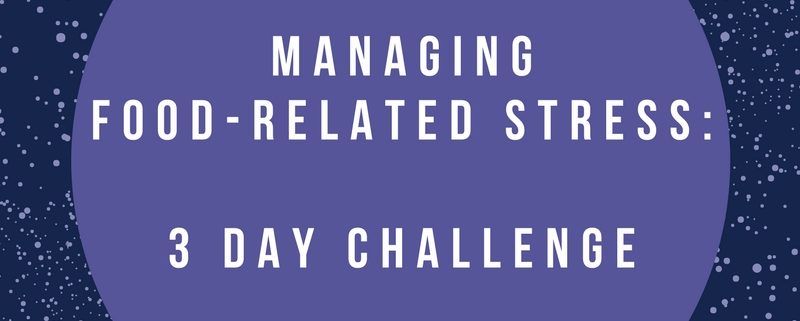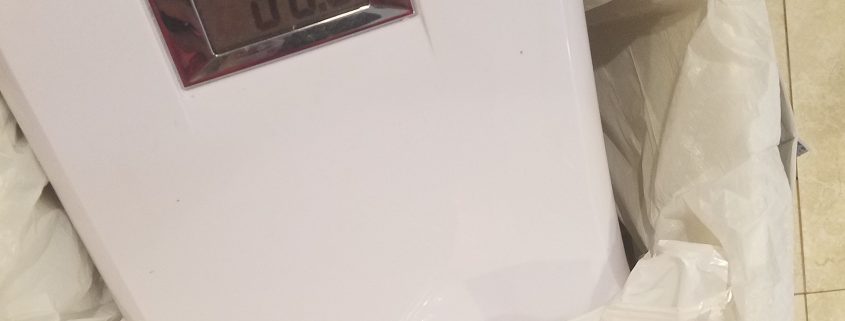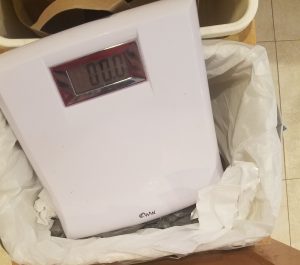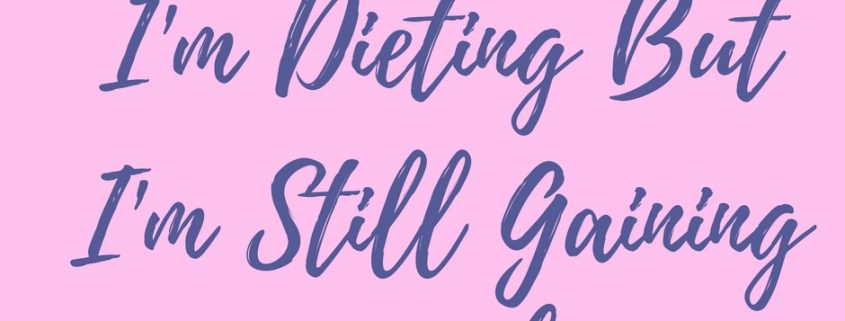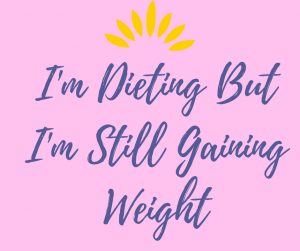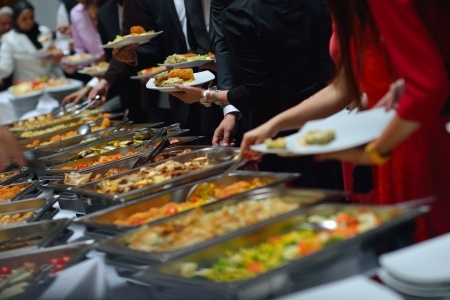
Summer is here, and I am beyond thrilled. I love the warm weather, long days, and homework- free nights. Many of my clients are busy packing up their kids to head off to sleep away camp for the summer. While a lot of their friends are worried about what their kids will eat at summer camp, I’m happy to say that my clients are calm and confident.
Here’s why!
They’ve been practicing the strategies I’ve taught them about intuitive and mindful eating in the home and they have been role models for their kids. Instead of all the diet talk that used to fill the home, now the conversations revolve around the importance of family meals and checking in with their bellies to determine hunger, fullness, and food preferences. Their kids are getting involved in the shopping, cooking, and meal prep; it’s a family affair.
It wasn’t always like this in many of my client’s homes. To clarify, when these clients came to me, they were chronic yo-yo dieters. They were going on and off various diets, engaging in diet talk throughout the home, and body bashing when they looked in the mirror (“oh, I look so fat!”). Since they started working with me in my Freedom to Eat Forever™ 5 Step Intuitive Eating Program, they are no longer dieting, body bashing, or filling the home with diet talk. They are learning the principles of intuitive eating and how to incorporate them into their lives in a consistent daily fashion.
And, they are role models for their kids. This is SO important. Kids soak up everything they see and hear.
Many of my clients have asked me how they can teach these important intuitive eating principles, strategies, and tips to their kids in a child-friendly fashion. They don’t want their sons and daughters to go down the same rabbit hole of diet after diet, battling food the way they did.
In response to their requests, I started working with several children to teach them intuitive and mindful eating practices. It’s still important to teach nutrition but I do so in a non-rule based manner. I teach them to listen for hunger and fullness, and how to respond. I teach them how to figure out if they want to eat because they are hungry or because they are upset at someone or something. I teach them the difference between high nutrient foods and low nutrient foods (notice I didn’t say “junk food”?).
A number of my “kid” clients are now heading off to sleep away camp for the summer. While they and their parents worried in the past about the food at camp, they are no longer worried. These kids will take with them what they have learned and will have a fun time focused on friends, laughter, and good times.
If your child is heading off to summer camp, here are 4 tips to help him/her make healthy mindful choices and feel good doing it:
1) Survey and Take 3!
Encourage your child to survey the food offerings at each meal, and choose 3 foods that they like to put on their plate. This will prevent an overlarge portion of one food item that might be a low nutrient option. For example, if the main lunch option is mac and cheese, suggest that your child choose a veggie to go with that. It could be cucumbers and tomatoes, or green beans, whatever they like. Camps usually offer raw veggies and cooked veggies. Then, they can finish off their meal with a fruit or cup of milk. This is much better than saying “don’t eat the mac and cheese”. This will set them up for wanting it even more, overindulging in it, and then feeling bad.
2) Tune in!
It’s very easy to be distracted when eating at a table with a bunch of other kids in a noisy dining hall. Remind your child to put his fork down mid-meal and check in to see if he/she is still hungry. If he/she isn’t, then let him/her know it’s okay to stop eating and not finish what’s on his plate. Speak to the counselors in advance to be sure that no one is forcing your child to clean his/her plate in the name of not wasting food!
3) Drink up!
Water, water, water. Need I say more? Send water bottles to camp with your child. And, encourage your child to hydrated throughout the day to replenish the lost fluids through perspiration and running around.
4) Put money in a canteen account
It is totally okay for your child to enjoy ‘play foods’ every now and again. Please don’t put rules on your child such as: “You can only buy ice pops or sorbet from the canteen”. Pleaassse. This is never going to happen. All you will do is set your child up to sneak eat and not tell you the truth for fear of getting in trouble. Taking conditions off food and not labeling foods as good or bad is key to having a good relationship with food. As long as you’ve been offering your kids wholesome food options while at home with play food options available, have confidence that they will continue to make these choices when they are away.
Here’s to a fantastic time to all the kids heading off to summer camp. Enjoy and take it all in!
Your turn to take action: What will you do to help your child have a healthy mindful summer?
 Food is supposed to be enjoyed. Yet, when speaking with so many clients, and potential clients, they tell me that food is stressful. All aspects of food, whether its deciding what to eat, shopping and preparing food for meals, or even the thought of going out to eat food.
Food is supposed to be enjoyed. Yet, when speaking with so many clients, and potential clients, they tell me that food is stressful. All aspects of food, whether its deciding what to eat, shopping and preparing food for meals, or even the thought of going out to eat food.
